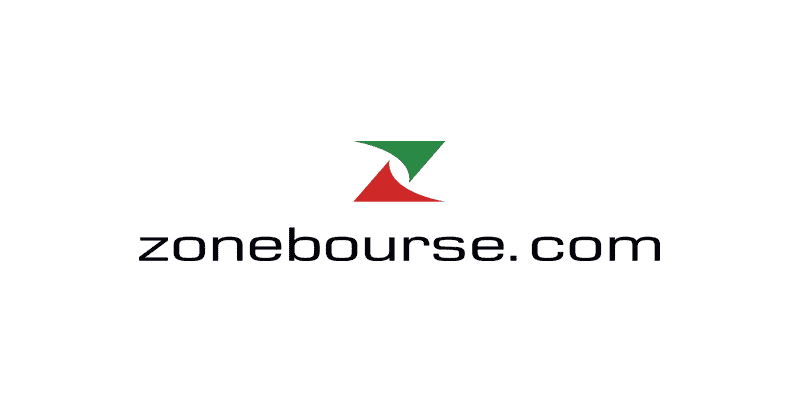Akbank and Bank Leumi are the latest lenders to build lending strategies with FICO’s advanced prescriptive analytics
As companies in Europe, the Middle East and Africa seek efficiencies and ways to grow revenue during the pandemic, many are turning to prescriptive analytics and mathematical optimization — the analytical science used to improve everything from Amazon’s supply chains to airline scheduling. The global leader in FICO analytics software is reporting growing demand for its AI-powered optimization tools and solutions, especially in the financial services industry.
Learn more at: https://www.fico.com/en/solutions/optimization-financial-services
Akbank, one of Turkey’s largest banks, uses FICO optimization for its credit line expansion decisions and to optimize loan approvals, selecting the appropriate amount and rate to improve profitability and acceptance offers. Akbank will also work with FICO to establish a dedicated center of excellence for decision optimization.
“With FICO optimization, we can adjust initial credit limits based on each client’s risk and reward levels, and manage them as the bank’s strategy evolves,” said Serhan Pak, Senior Vice President of Retail Lending at Akbank. “The proof-of-value study we conducted clearly indicated that we could realize significant gains by adopting this approach and FICO’s industry-leading technology. Akbank received a FICO Decisions Award for its use of optimization.
Bank Leumia leading bank in Israel, which also has a presence in the UK and the US, will use FICO optimization tools for its loan portfolio.
“We conducted a thorough review of both local and international optimization providers,” said Pini Schatz, Head of Technology and Retail Banking of the Future at Bank Leumi. “We concluded that FICO had the most experience helping businesses get the most out of using optimization, and that FICO’s tools were the best on the market. We can use this technology in several areas of the bank. »
Additionally, FICO recently announced new optimization agreements with Ultimo SA in Poland and Slovenská Sporiteľňa in Slovakia.
“We are seeing a real explosion in demand for decision optimization and prescriptive analytics tools,” added Matt Cox, Managing Director EMEA for FICO. “They bring scientific precision to the art of developing decision strategies, and in difficult times like today, they are needed more than ever. Banks are looking for an edge, which FICO optimization provides. That’s why many of our customers expand its use into new products and decision areas, after their initial success in one area. »
FICO’s advanced impact modeling, simulation, and decision optimization techniques enable lenders to discover better decision-making strategies that balance cost, risk, and reward trade-offs, while considering economic and market conditions. . Its tools are increasingly used in areas such as loan pricing, alternative auto loan transaction structures, deposit pricing, line of credit management and collections.
About FICO
FICO (NYSE: FICO) drives decisions that help people and businesses around the world thrive. Founded in 1956 and based in Silicon Valley, the company pioneers the use of predictive analytics and data science to improve operational decisions. FICO owns more than 195 U.S. and foreign patents relating to technologies that increase profitability, customer satisfaction, and growth for companies in financial services, telecommunications, healthcare, retail, and more sectors. Using FICO’s solutions, businesses in more than 120 countries can accomplish everything from protecting 2.6 billion payment cards from fraud, to helping individuals obtain credit, to ensuring that many millions of planes and rental cars are in the right place at the right time.
For more information, visit https://www.fico.com
FICO is a registered trademark of Fair Isaac Corporation in the United States and other countries.
The text of the press release resulting from a translation should in no way be considered official. The only authentic version of the press release is that of the press release in its original language. The translation will always have to be compared with the source text, which will set a precedent.
View the source version on businesswire.com: https://www.businesswire.com/news/home/20220210005049/en/
